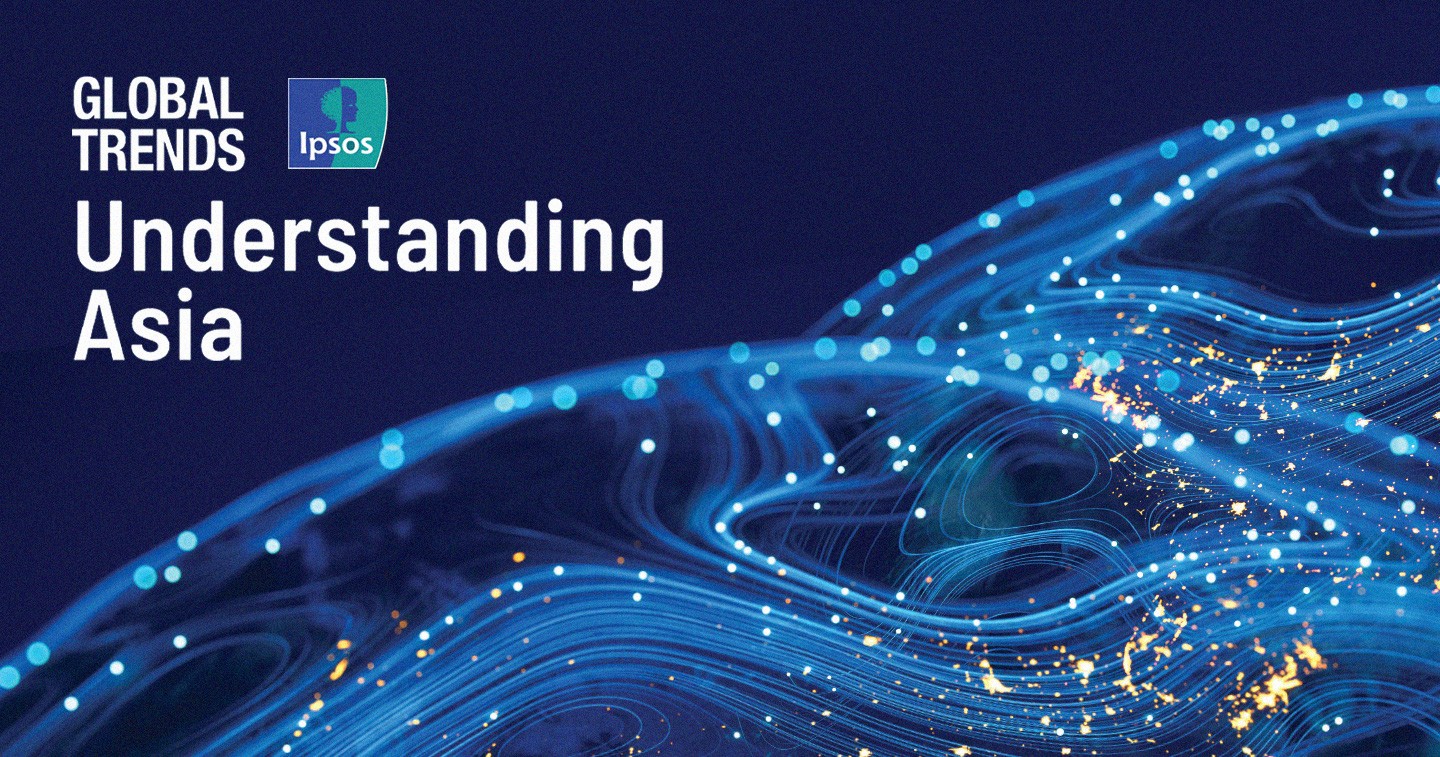AUSTRALIA — Consumers across the Asia Pacific region are overwhelmingly worried about the future, despite being AI and new technology converts, a new Ipsos report has revealed.
Ipsos, the global leader in market research, released its “Global Trends: Understanding Asia” report, which is designed to deep dive into the specific issues affecting the Asia Pacific region.
The report leverages data released from the eighth edition of Ipsos’ Global Trends report, titled “In search of a new consensus: from tension to intention.” Ipsos’ Global Trends report is the largest public survey in its history, with 50,000 people interviewed across 50 markets.
The new report identified three key trends set to be top-of-mind for Asia Pacific consumers in 2025:
Technowonder
While much of the world is divided over the benefits and drawbacks of AI, people in Asia are excited for technological advancement. Across the Asia Pacific, two in three (68%) believe AI is having a positive impact on the world, compared to just over half (57%) globally.
China is most open to embracing new technology, ranking first out of the 50 global markets surveyed, when it comes to believing AI will have a positive impact worldwide.
Despite the figures, many APAC countries still expressed concerns about AI. Since 2013, the number of Indians who say technological processes are destroying their lives is up 19%, and in Japan, the figure has climbed by 18 percentage points.
Fears about AI and digital privacy and security are also high, with seven in 10 consumers in the Asia Pacific region concerned about how their information is being collected by companies. This concern was particularly high in the Philippines, (86%) Thailand and Singapore (both 81%).
Retreat to old systems
Interestingly, young people in Asia are generally nervous about the future. More than half (57%) of Gen Z in Asia Pacific said they would have preferred to grow up at the time their parents were children – this is higher than their global counterparts (51%).Brands can capitalize on the nostalgia trend by integrating elements of familiar past traditions with modern innovation.
Climate convergence
There is broad acceptance that climate change is a reality and immediate action is needed. Eight in 10 people (84%) said the world was headed for environmental disaster unless the region changed its habits quickly. This figure has increased significantly in Australia, rising by 15% since the survey was first undertaken in 2013.
Most consumers across the Asia Pacific region believe individuals should not be the ones to make greater changes to their daily life to minimize climate change impacts. Three in four (73%) across Asia said they were already doing all they could to save the environment. This feeling was particularly high in Indonesia (91%), Thailand (89%) and the Philippines (87%).
In line with this, three quarters of those surveyed (75%) believe companies are not paying enough attention to the environment. More worryingly, most people in India, the Taiwan region, Indonesia and Thailand feel it is already too late to do anything about climate change.
Ipsos APEC CEO, Hamish Munro, said: “As Asia Pacific’s economic, political and cultural influence continues to grow in an interconnected and complex world, the importance of understanding the region has never been more important.
“This latest report highlights how our consumers and citizens think and feel in a world of rapid change and complexity, particularly around technological evolution, societal change and climate change. The insights reveal a region that is open to transformation, but wants its businesses to step up, guide the change revolution and be leaders.”
“When it comes to climate change, consumers believe brands have a critical role to play in minimising harmful environmental effects. There is a real opportunity for brands to be environmental leaders and demonstrate their commitment to climate change efforts,” he concluded.
To access the full report, visit https://www.ipsos.com/en-au/ua_globaltrends









